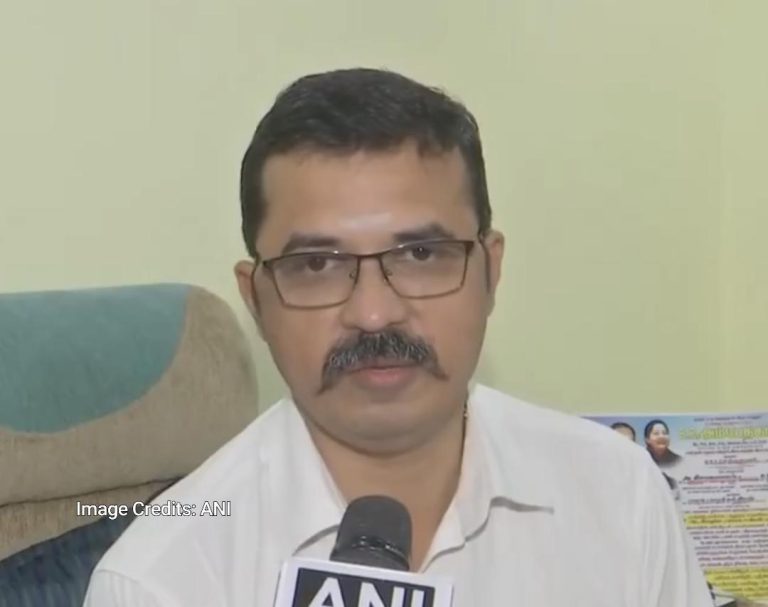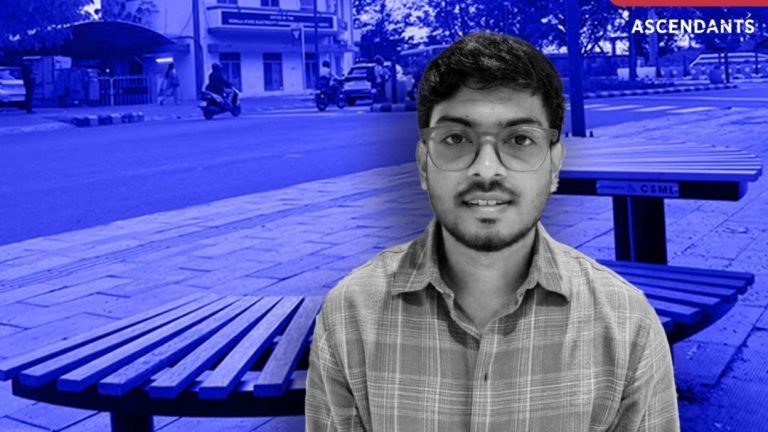
Jailed J&K MP Engineer Rashid gets parole to attend Parliament
In a recent development, the Delhi High Court has granted two-day custody parole to jailed Baramulla MP Engineer Rashid to attend the ongoing budget session of Parliament. The court has imposed certain conditions on him, including a ban on using phones, the internet, and speaking to media or anyone else.
Engineer Rashid is facing trial in a terror funding case and has been in Tihar Jail since his arrest in August 2017. The court’s decision to grant him parole comes as a relief to the MP, who has been unable to attend the Parliament sessions due to his imprisonment.
According to reports, Rashid had moved the Delhi High Court seeking a two-day parole to attend the Parliament session, which is currently underway. The court, after considering his plea, granted him the parole, but with certain conditions.
The conditions imposed by the court include a ban on Rashid using phones, the internet, and speaking to media or anyone else. He will also be escorted by police during his parole period. The court has directed Rashid to surrender back to the jail authorities after the completion of his parole period.
It is worth noting that Rashid’s plea for parole was filed after he was granted bail by the Supreme Court in January this year. However, the trial court later denied him bail, citing the severity of the charges against him.
Rashid has been a vocal critic of the government’s policies in Jammu and Kashmir, particularly the revocation of Article 370, which granted special status to the state. His arrest and subsequent imprisonment have been widely condemned by many as a move to silence him and curb dissenting voices.
The grant of parole to Rashid is seen as a rare instance of the court intervening in the interests of a politician, who is facing trial in a sensitive case. While the court’s decision has been welcomed by many, it has also raised questions about the treatment of politicians accused of serious crimes.
In recent years, there have been several instances of politicians accused of serious crimes being granted bail or parole, citing the need for them to attend Parliament or attend to their official duties. While such decisions are made on a case-by-case basis, they have often been criticized for being arbitrary and disproportionate.
The case of Engineer Rashid is particularly significant, given the seriousness of the charges against him. He is accused of receiving funds from terrorist organizations and using them to fuel unrest in Jammu and Kashmir. If convicted, he could face a maximum sentence of life imprisonment.
Despite the seriousness of the charges, the grant of parole to Rashid has been seen as a sign of the court’s willingness to take a nuanced view of the situation. The court’s decision has been welcomed by many, who see it as a move to restore faith in the judiciary and ensure that even politicians accused of serious crimes are treated fairly.
In conclusion, the grant of parole to Engineer Rashid is a significant development in the ongoing saga of his trial. While the court’s decision has been welcomed by many, it has also raised questions about the treatment of politicians accused of serious crimes. As the case continues to unfold, it will be interesting to see how the court handles the situation and whether Rashid is ultimately convicted or acquitted.






